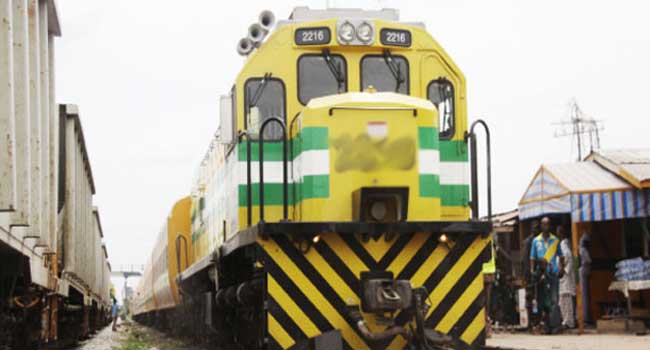
The organisation said that the complaint was brought pursuant to Articles 26-34 of the ILO Constitution.
SERAP is asking the ILO to establish without delay, a commission of inquiry to examine the systematic and non-observance of Convention No 29 on forced labour and other international standards on the right of workers to timely payment of salaries.
SERAP’s Complaint
”SERAP is seriously concerned that several state governments and the Federal Government of Nigeria are failing and/or refusing to pay workers’ salaries and pensioners’ entitlements, amounting to billions of dollars in arrears. The state governments that have failed and/or refused to pay workers’ salaries and pensioners’ entitlements include: Osun, Rivers, Oyo, Ekiti, Kwara, Kogi, Ondo, Plateau, Benue, and Bauchi states.
SERAP argues; ”The failure and/or refusal of state governments and Federal Government to pay workers’ salaries and allowances and pensioners’ entitlements is a clear violation of the right to work recognized by various ILO instruments and Article 6 of the International Covenant on Economic, Social and Cultural Rights, to which Nigeria is a state party. The right to work is essential for realizing other human rights and forms an inseparable and inherent part of human dignity.
”The Failure of states to pay workers’ salaries is tantamount to penalising them, and as the International Labour Organization has ruled, menace penalty amounts to forced labour and economic exploitation. This is because the workers have not offered themselves to work without pay.”
They also said: ”The failure to pay workers’ salaries amount to a fundamental breach of the obligation to ensure the absence of forced labour and economic exploitation, and guarantee workers’ remuneration so as to provide an income allowing workers to support themselves and their families. The right to work contributes to the survival of the individual and to that of his/her family, and to his/her development and recognition within the community. Therefore, by failing to pay workers’ salaries, the state governments in Nigeria have violated the right of the workers to live in dignity.
”There is absolutely no justification why state governments or the Federal Government in Nigeria should not pay workers’ salaries. In fact, international law provides that workers’ salaries must be paid even in times of severe resource constraints, as disadvantaged and marginalized individuals and groups must be protected by the adoption of targeted programmes to ensure that they live in dignity.
“The failure of the state governments and the Federal Government in Nigeria to pay workers’ salaries is as a result mismanagement of resources and corruption which under the Covenant amount to ‘deliberate retrogression’ in the protection of the right to work.
”While ordinary Nigerian workers and pensioners are routinely denied their salaries and entitlements, senior government officials continue to receive their salaries and live lavishly. This also clearly amounts to discrimination against workers on the grounds of national or social origin, or civil, political, social or other status, as it has the effect of impairing or nullifying exercise of the right to work on a basis of equality.
”The failure to pay workers’ salaries also violates Nigeria’s obligations to respect, protect and fulfil the right to work, including requiring state governments and Federal Government in Nigeria to refrain from interfering directly or indirectly with the enjoyment of that right and to adopt appropriate economic and budgetary measures to ensure timely payment of workers’ salaries and pensioners’ entitlements.
”The failure of state governments and Federal Government in Nigeria to pay workers’ salaries show that they are unwilling to use the maximum of their available resources through insufficient expenditure or misallocation of public funds, for the realization of the right to work in violation of their obligations under Article 6.
”The country’s justice system has proven highly inadequate to enforce the right of workers to timely remuneration and freedom from economic exploitation. The state governments and Federal Government of Nigeria have taken no effective measures to address the salary crisis in the country, and have in fact significantly downplayed it.”
SERAP also said that the right to work is essential for realizing other human rights and forms an inseparable and inherent part of human dignity.




